May 14, 2019
Sound and vision: why the distracted workplace is about far more than noise
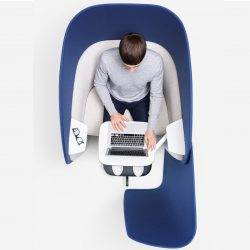 The idea of a cocktail party might be a bit dated, but it is the perfect metaphor for describing one aspect of the most common complaints about modern office design. An idea called the cocktail party effect has been known to neuroscientists for decades. It describes how we are able to filter out a large amount of noise and focus almost completely on just one source of sound. So, while we clutch our Manhattan, we can listen intently to just one person and ignore the babble of voices that might otherwise drown them out. We can tune in to the source we think is important and tune out everything else.
The idea of a cocktail party might be a bit dated, but it is the perfect metaphor for describing one aspect of the most common complaints about modern office design. An idea called the cocktail party effect has been known to neuroscientists for decades. It describes how we are able to filter out a large amount of noise and focus almost completely on just one source of sound. So, while we clutch our Manhattan, we can listen intently to just one person and ignore the babble of voices that might otherwise drown them out. We can tune in to the source we think is important and tune out everything else.





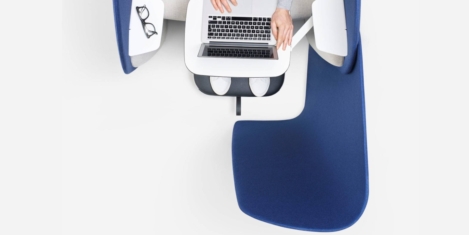






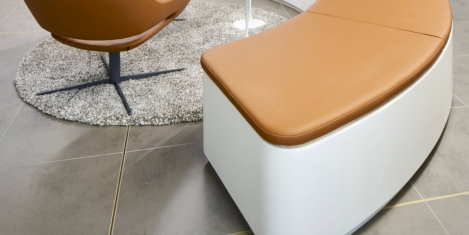
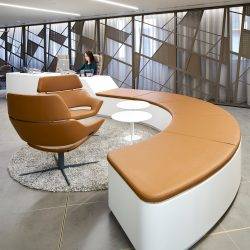








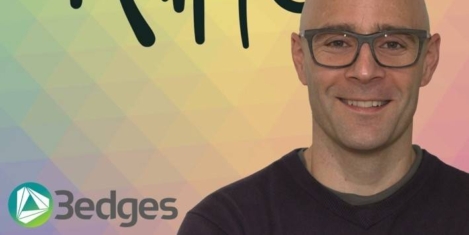
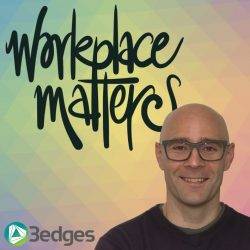
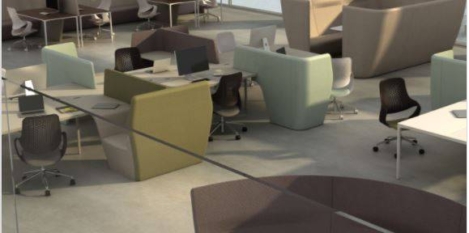











January 25, 2019
The state of the workplace right now? Everywhere and nowhere, baby 0
by Paul Carder • Comment, Facilities management, Features, Premium Content, Property, Workplace design
More →